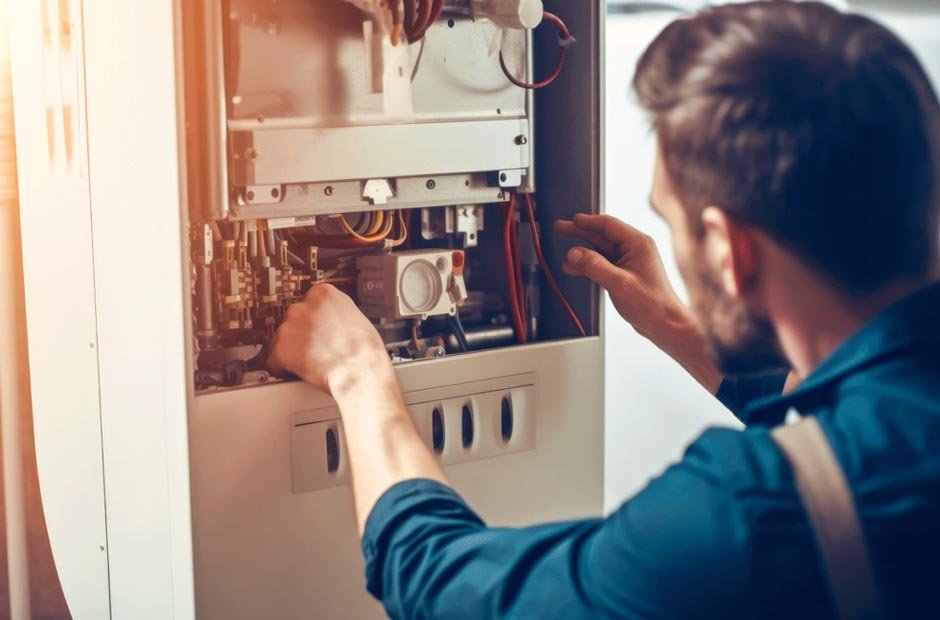Equipment failures are unavoidable in both commercial and residential settings. Equipment needs regular maintenance, whether because of overuse, normal wear and tear, or unanticipated events. Businesses and individuals can reduce downtime and better prepare for maintenance difficulties by knowing the most common types of equipment repairs.
This article will explore some of the most common equipment repairs across various industries.
1. Electrical Components
Electrical component repair is one of the most common equipment repair needs. Component burnouts, short circuits, or wiring problems can cause home appliances and industrial machinery electrical failures.
There are common instances of circuit boards that aren’t working properly, bad wiring, and broken connectors. Prompt maintenance and inspection can assist in spotting possible electrical issues before they become serious malfunctions.
2. Mechanical Systems
Mechanical malfunctions are yet another common problem in equipment maintenance. Machinery with moving parts is prone to wear and strain, and parts like belts, gears, and bearings may deteriorate with time.
Frequent lubrication, alignment examinations, and proactive replacement of worn-out components can greatly increase the longevity of mechanical systems and lower the risk of unplanned malfunctions.
3. Fluid Systems
Pneumatic, hydraulic, and cooling systems are just a few industrial applications where fluid systems are essential. Common problems that must be addressed immediately include leaks, contamination, and pressure abnormalities. To maintain these systems operating at peak efficiency and avoid expensive repairs, routine fluid analysis, seal inspections, and preventative maintenance are crucial.
4. HVAC Systems
Heating, ventilation, and air conditioning (HVAC) systems are essential for preserving cozy interior spaces. Common fixes for HVAC systems include motor failures, thermostat glitches, refrigerant leaks, and compressor problems. To avoid common issues and guarantee optimal performance, it is recommended to do routine HVAC inspections, clean the ducts, and change the filters regularly.
5. Computers and IT Equipment
Businesses in the digital age mainly depend on computers and IT hardware. Problems with peripherals, software, and hard disk failures are common repairs in this field. Preventive maintenance, data backups, and routine software updates can reduce the chance of major malfunctions and data loss.
6. Construction Equipment
A lot of stress and pressure is placed on heavy machinery in the construction business. Structural damage, engine problems, and hydraulic system failures are common fixes. Preventing significant breakdowns and ensuring a smoother construction workflow can be achieved by implementing a proactive maintenance schedule, regularly inspecting equipment, and swiftly fixing minor concerns.
Allen-Bradley equipment repairs are among the most trusted in the field. So, if you are considering hiring an equipment repair service, you might want to hire them.
7. Automotive Repairs
Auto repairs are a common and recognizable event for individuals. Common problems include gearbox problems, engine troubles, and brake system failures. These typical car repairs can be avoided, and the vehicle’s lifespan can be increased with routine tire rotations, oil changes, and adherence to the manufacturer’s maintenance schedule.
8. Plumbing Systems
Plumbing systems are vulnerable to leaks, blockages, and pipe corrosion in home and commercial settings. Frequent inspections, quick fixes for small leaks, and sensible use of plumbing fittings can all help avert water damage and expensive repairs.
Navigating the Path to Reliability through Proactive Maintenance Strategies
Repairing equipment is an inevitable part of operating different systems in homes, businesses, or construction sites. Awareness of the most typical equipment repairs enables people and organizations to implement preventative maintenance plans.
The chance of unplanned breakdowns can be greatly decreased by conducting routine inspections, following maintenance plans, and taking quick action on small problems. This will guarantee that equipment functions effectively and dependably for a longer amount of time.
















